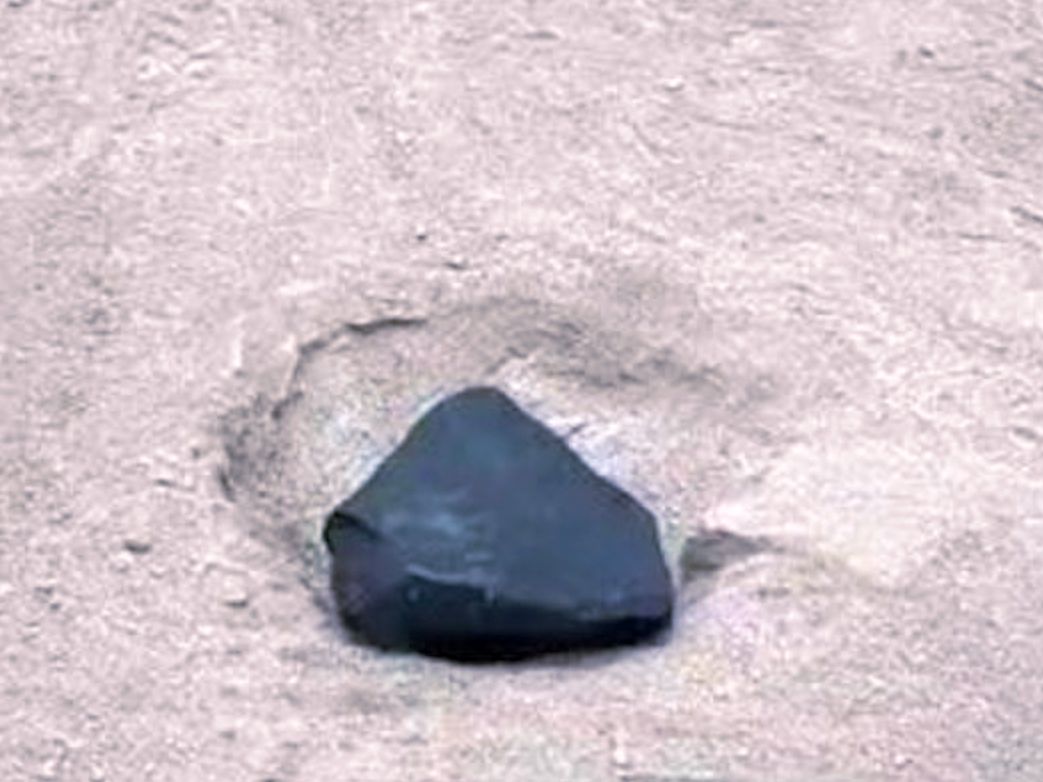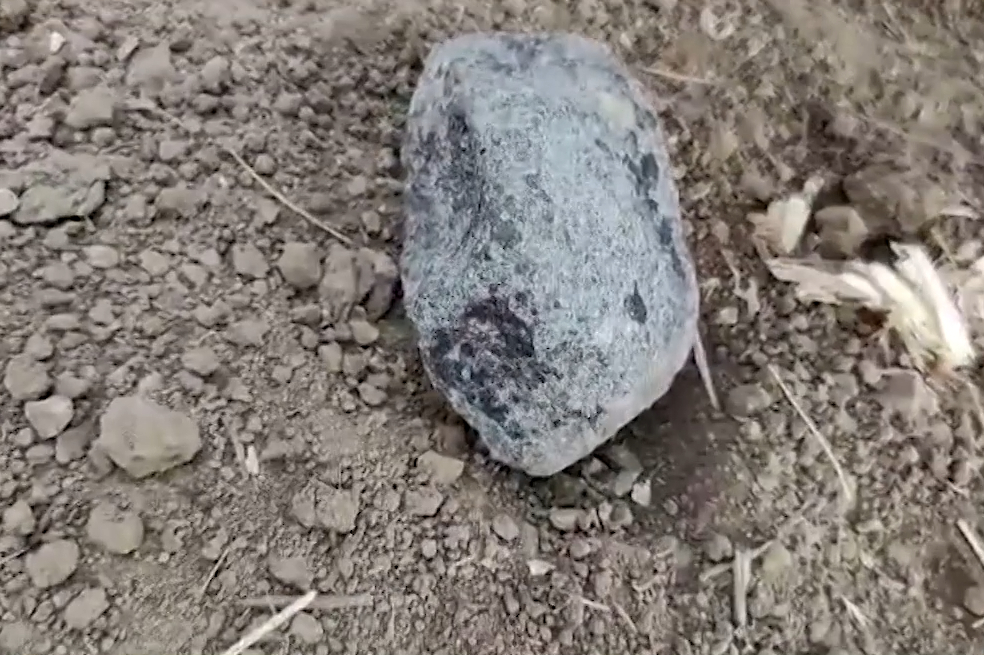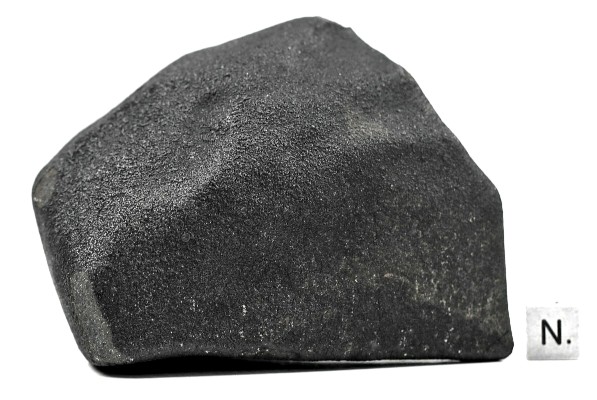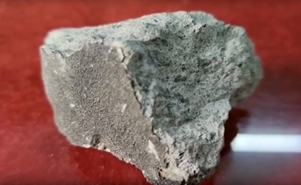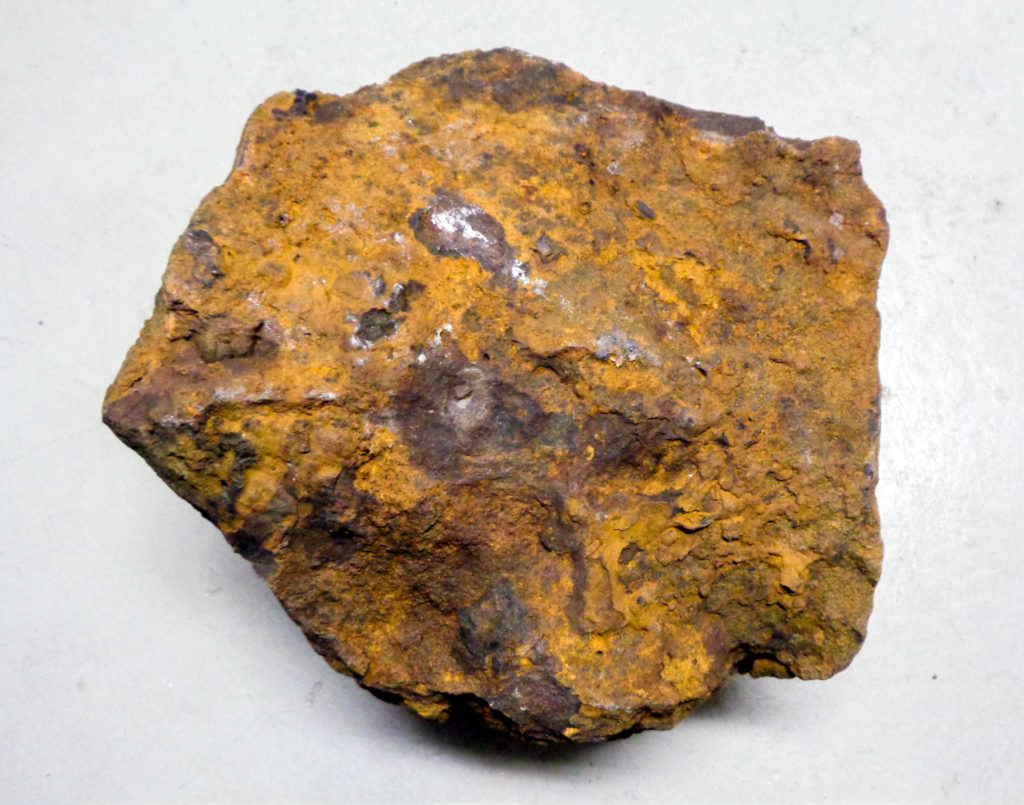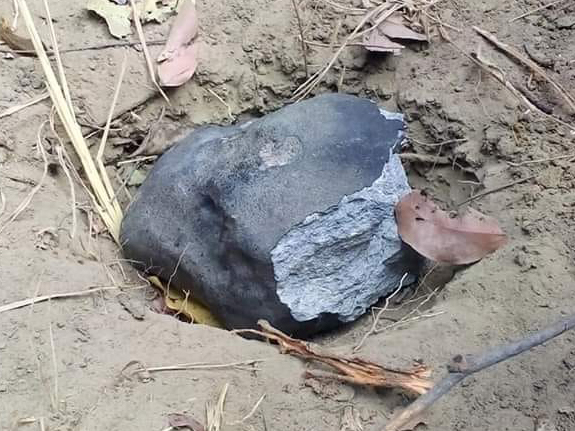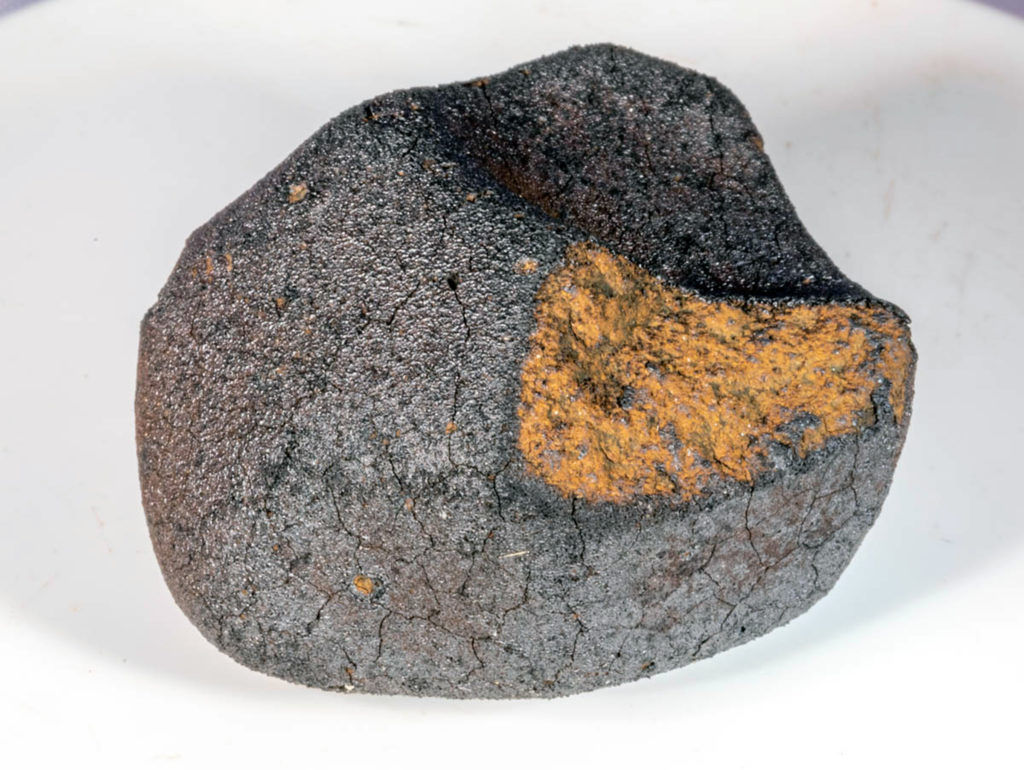Heterogeneous mass distribution of the rubble-pile asteroid (101955) BennuOPEN ACCESS
D. J. Scheeres, A. S. French, P. Tricarico, S. R. Chesley, Y. Takahashi, D. Farnocchia, J. W. McMahon, D. N. Brack, A. B. Davis, R.-L. Ballouz, E. R. Jawin, B. Rozitis, J. P. Emery, A. J. Ryan, R. S. Park, B. P. Rush, N. Mastrodemos, B. M. Kennedy, J. Bellerose, D. P. Lubey, D. Velez, A. T. Vaughan, J. M. Leonard, J. Geeraert, B. Page, P. Antreasian, E. Mazarico, K. Getzandanner, D. Rowlands, M. C. Moreau, J. Small, D. E. Highsmith, S. Goossens, E. E. Palmer, J. R. Weirich, R. W. Gaskell, O. S. Barnouin, M. G. Daly, J. A. Seabrook, M. M. Al Asad, L. C. Philpott, C. L. Johnson, C. M. Hartzell, V. E. Hamilton, P. Michel, K. J. Walsh, M. C. Nolan, D. S. Lauretta
Science Advances 08 Oct 2020:
Vol. 6, no. 41, eabc3350
LINK (OPEN ACCESS)
PDF (OPEN ACCESS)
“The gravity field of a small body provides insight into its internal mass distribution. We used two approaches to measure the gravity field of the rubble-pile asteroid (101955) Bennu: (i) tracking and modeling the spacecraft in orbit about the asteroid and (ii) tracking and modeling pebble-sized particles naturally ejected from Bennu’s surface into sustained orbits. These approaches yield statistically consistent results up to degree and order 3, with the particle-based field being statistically significant up to degree and order 9. Comparisons with a constant-density shape model show that Bennu has a heterogeneous mass distribution. These deviations can be modeled with lower densities at Bennu’s equatorial bulge and center. The lower-density equator is consistent with recent migration and redistribution of material. The lower-density center is consistent with a past period of rapid rotation, either from a previous Yarkovsky-O’Keefe-Radzievskii-Paddack cycle or arising during Bennu’s accretion following the disruption of its parent body.”

